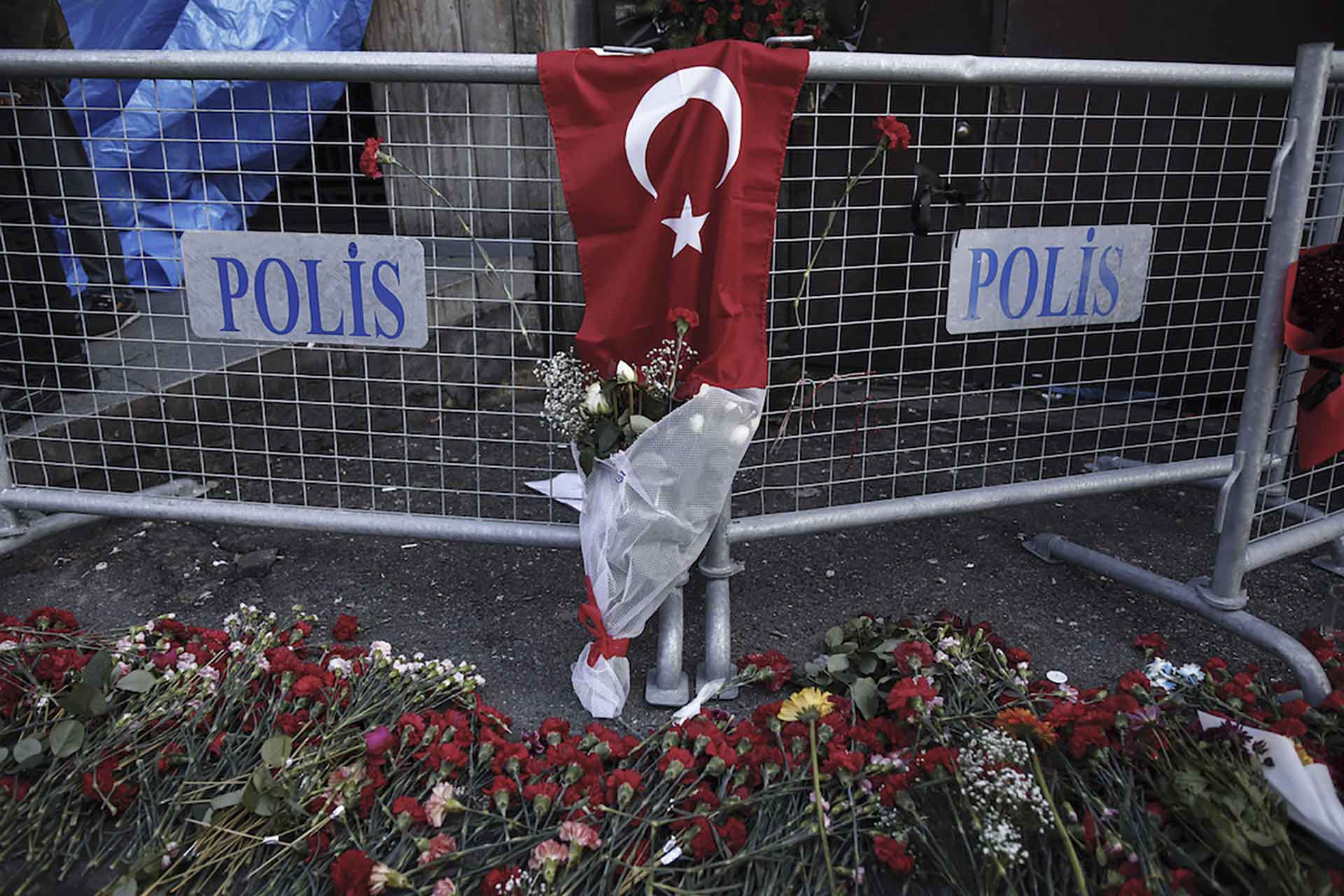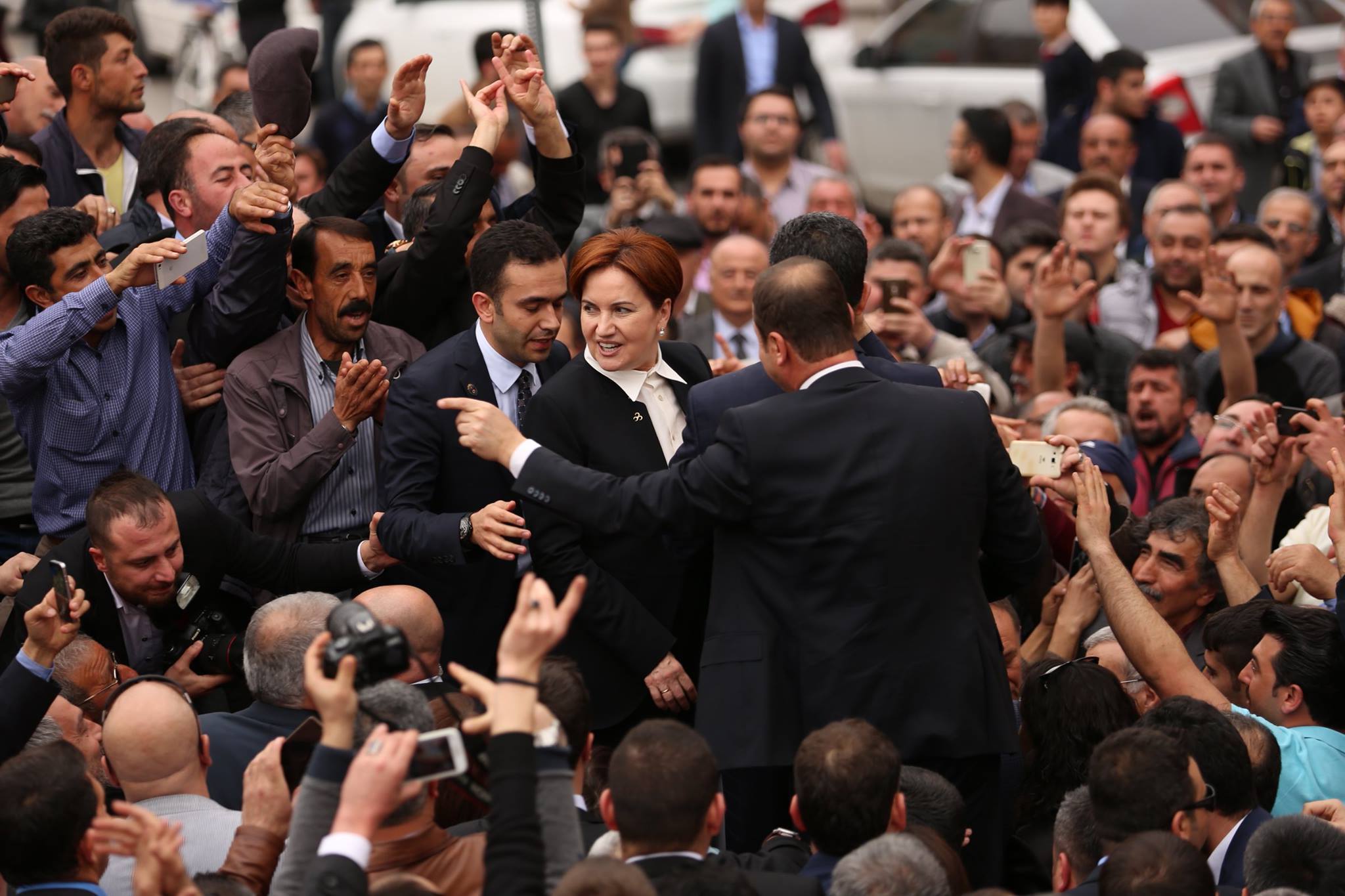
[authorbox authorid=”89″ title=”The Author”]
There is a complex web of vested interests and moral battles surrounding the notorious Gaza conflict. The deaths of Palestinians being used as ‘human shields’ have been used as a political bargaining chip by many parties – including dissenting voices from within countries with chiefly pro-Israel establishments – but one of the most vocal decriers of alleged Israeli humanitarian crimes on the Gaza strip is the Turkish president, Recep Tayyip Erdogan.
Since his rise to power in 2002, he has never shied from expressing his stances on the issues of Palestinian statehood and Israeli aggression in no uncertain terms, once storming out of the World Economic Forum in Switzerland in 2009, shortly after insulting the Israeli president at the time.
Erdogan has blatantly condemned the UN for “collapsing” in the realm of the Gaza problem, demanding the use of UN and UN-backed force to exact some form of justice on Israel for what he has claimed is little different from the brutalities of Mussolini or Hitler.
Yet, perhaps surprisingly, the country whose economy was recognised as the 17th largest in the world (In 2008, by the World Bank) has donated just under $600,000 to the UNRWA’s Gaza Emergency Appeal, as opposed to the more diplomatically distant Scandinavian states, who gave the most per capita by far (Sweden: $48.6m, Norway, $39m, Denmark: $19.9m), or the US, which gave $268m. Turkey is known for conservative aid policy, but regarding a humanitarian issue on which her president is so very vocal, it seems odd.
Turkey has, however, donated to organisations purportedly serving those affected by the crisis in other ways. The UN has an abundance of branch organisations, which have become quasi-independent by sheer number and bureaucratic chaos. Turkey may donate little to the UNRWA, but in 2009, the UN had on record around $2.6m in donations from Turkey to designated “occupied Palestinian territory”.
This is markedly more generous, but only relative to Turkey, as previously mentioned. There is one other channel, unaffiliated with the UN, through which the Erdogan administration has slightly more clandestine connections: the IHH (Humanitarian Relief Foundation), tied to violent Islamic extremism across the Middle East, which had donated almost $4m by January of 2009.
This is where troubling conclusions can begin to drawn. One could assert that the UNRWA receives so little from Turkey as a result of its worrying links to Hamas, given the obviously terrorist nature of Hamas. It is quite the contrary: the Erdogan administration openly refers to these terrorists as “brothers”, applauding the work done by the IHH. Clearly, something else about the IHH is attractive to Erdogan.
The IHH is notorious for its links to Islamic terrorism and extremism in general, under the guise of a humanitarian aid organisation. Illegal in the Netherlands, Germany and Israel for being a recognised terror organisation, it has not been shy in expressing some of its aims. The IHH leader, Bulent Yildrim, tweeted: ‘All Jews living in Turkey will pay a price’.
This religious superiority is to be expected from an extremist Islamist organisation reported to have been selling arms to Syrian rebels, buying the Muslim Brotherhood influential stakes in Syria with consignments of weapons undeniably registered to the IHH itself. The organisation is also known to manage the finances Hamas needs to carry out is operations, as part of the Union of Good, created by Hamas in 2000.
More concerning, perhaps, are the heavy ties to the AKP, the ruling party in Turkey. A party official, Eyup Fatsa, once chaired the IHH, and Israeli intelligence – although less impartial than most in this matter, perhaps – speculates that there was a dedicated alliance between the AKP and the IHH in the 1990s. Fatsa is not the only tie to government that the IHH has now, either.
In 2010, Faruk Celik, an AKP minister, openly expressed support for the organisation’s work for “the ship [the IHH] intends to send to the Gaza strip”; Ali Yandir, at the helm of the Istanbul City Municipality Transportation Corporation, is an IHH trustee.
Finally, it is worth mentioning that the CIA wrote a report in 1996 about the classification of the IHH as a recognised terror-linked group, as did the Danish Institute for International Studies a decade later, in recognising that the IHH recruited terrorists and radicals to fight in Chechnya and Bosnia. The evidence for what are ultimately links between the Erdogan administration and radical Islamic terrorism is beyond abundant, and keeps coming.
All this, as Erdogan, chairing a meeting of Islamic leaders earlier last month, called for the dispatch of “an international protection force” to defend the Palestinian people. If speculating that Erdogan has a violent agenda is merely alarmist conjecture, then it is conjecture backed by a peculiarly large volume of evidence.



